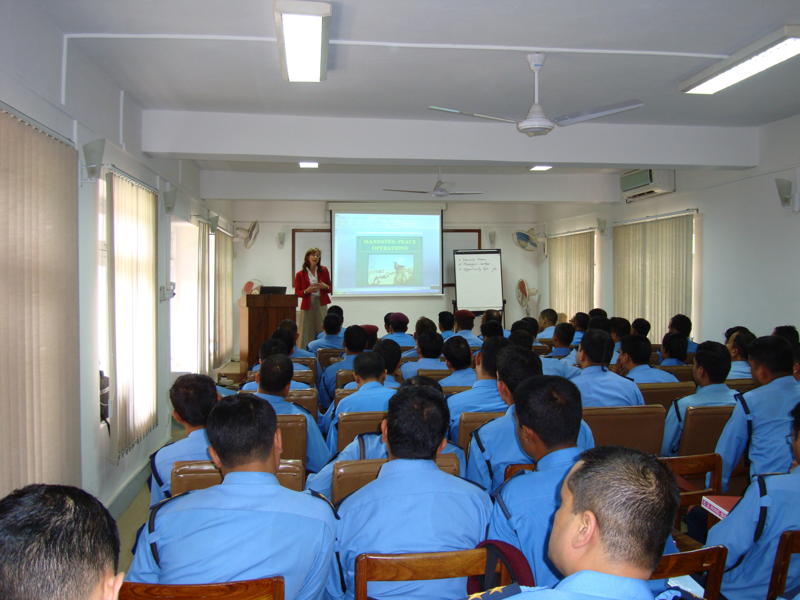Model Codes for Post-Conflict Criminal Justice
 The need for post-conflict criminal law reform is clear and efforts to reform pre-existing laws have been undertaken in a number of different settings since the 1980s with varying degrees of success. Law reform is a highly complex and challenging task, requiring sufficient time, resources, and expertise. Conducting this task in the high-pressure environment of a post-conflict state significantly adds to this challenge.
The need for post-conflict criminal law reform is clear and efforts to reform pre-existing laws have been undertaken in a number of different settings since the 1980s with varying degrees of success. Law reform is a highly complex and challenging task, requiring sufficient time, resources, and expertise. Conducting this task in the high-pressure environment of a post-conflict state significantly adds to this challenge.
Effective, responsive, and fair criminal laws are pivotal to establishing a state based on the rule of law. At a minimum, criminal laws should aim to comply with basic international human rights and criminal law norms and standards. They must also address immediate threats to public safety and security. In the majority of post-conflict states, the pre-existing laws are likely to be outdated, deficient and not meet the criteria of effectiveness, responsiveness, or fairness. They may also violate core human rights and criminal law norms and standards. Furthermore, the laws may lack the necessary legal provisions and tools required to investigate and prosecute serious crimes problems that may be perpetrated with impunity in their absence.
In other post-conflict states, deficiencies in the post-conflict legal framework may be attributable to the fact that the regime in power during a conflict used the law as a vehicle of oppression, introducing arbitrary and unfair laws that violated the rights of the population, or certain sectors of it. Such oppressive laws are inappropriate for application in a post-conflict state and therefore need to be replaced with new laws.
In 2000, the Report of the Panel on United Nations Peace Operations (otherwise known as the "Brahimi Report") sought cause to reflect upon the practical and legal difficulties that had been faced by the United Nations in designating, applying, and reforming the laws in post-conflict states. The report highlighted the importance of proactive responses to post-conflict law reform, and specifically, it outlined the need for the creation of generic tools to assist those actors involved in future criminal law reform efforts. The 2004 Report of the Secretary General on the Rule of Law and Transitional Justice in Conflict and Post-Conflict Societies reiterated this pressing need. These sentiments have also been echoed by the multitude of practitioners who have been involved in law reform in post-conflict states and who readily admit the difficulties they faced in this regard.